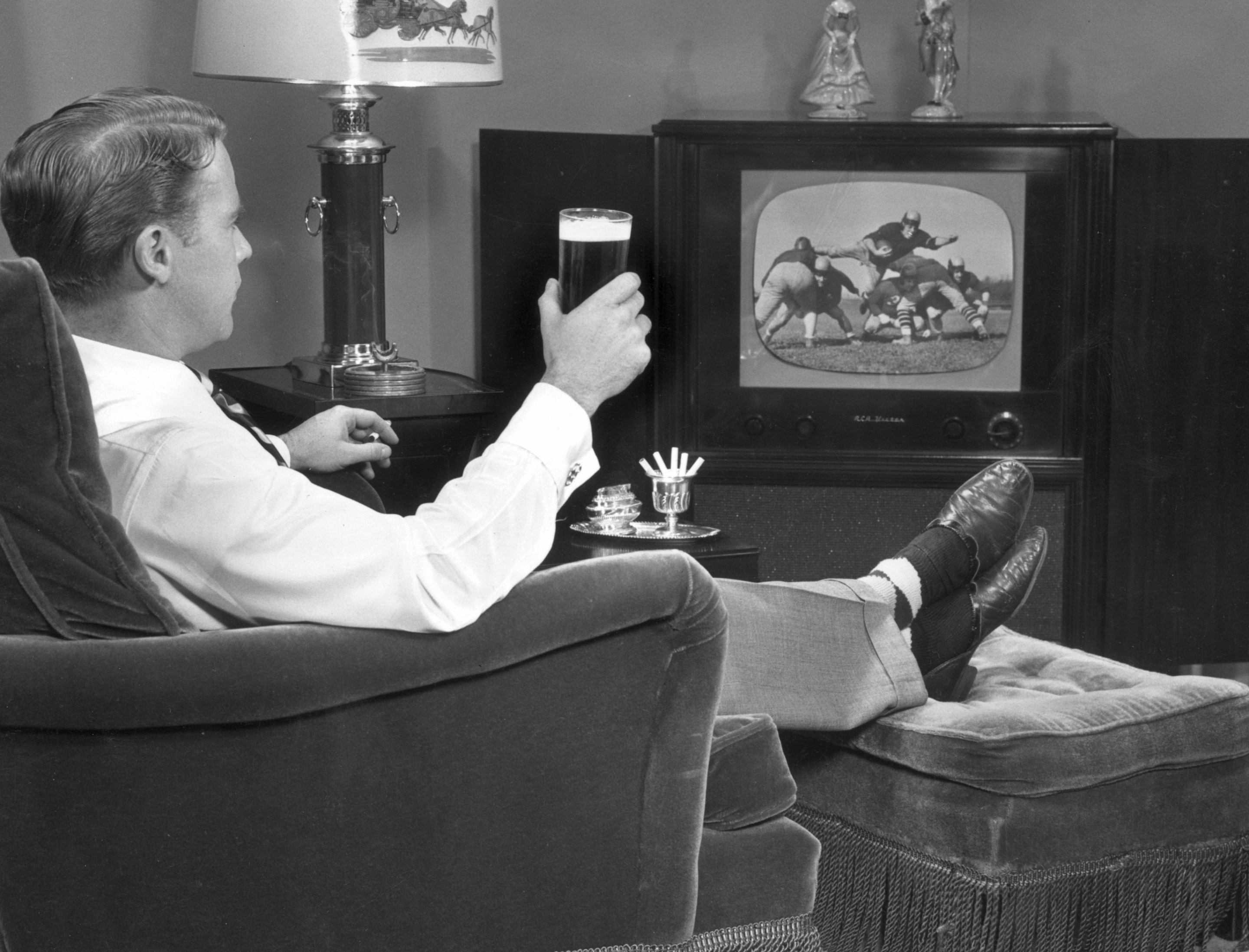On March 7, the Toronto Maple Leafs played the Boston Bruins. I wanted the Leafs to win but did not think they would. I was right. By the end of the second period, the Bruins had scored four goals, the Leafs one. Three goals is not a small lead; it is also not insurmountable. But time passed, as it does, and eventually only three minutes were left. The score had not changed. Three minutes was almost certainly not sufficient time for a comeback. Let it be known: I had already watched the Leafs lose 4-1 to the Bruins earlier that same week. Those final three minutes did not have any dopamine to offer me. But it also felt fucked up to turn off this game.
I don’t think I need to invoke any sources to advance the proposition that we live in a world that treats finishing something as especially valuable, where people add things to their to-do lists that they have already done for the pleasure of checking them off, where the memes that tell you to quit your job or anything else only underline how deeply we feel that we need permission not to finish the things that we start.
As I watched that Leafs game and thought about not watching that Leafs game, the question of how I personally felt about the need to finish things was on my mind. I am a serial book abandoner, unless it feels “important,” at which point finishing the book becomes a matter of pride, and nothing about a regular-season hockey game between two playoff-bound teams is important, and nothing about the Leafs gives me pride.
I had recently finished a book that had sat on my shelf half-read for longer than I would like to admit. The book in question is a great book, and part of what makes it great is that it talks about hard things in unflinching ways. I would not say that the second half of the book did not have any dopamine to offer me; there is always a charge from coming face to face with a great writer telling the truth. But I also knew that reading it would tear at me. It still felt like I needed to finish it. It is maybe stacking the deck to compare one of the best books I have ever read to a March hockey game, but I am going to make the comparison anyway and say that it did not seem like I needed to finish watching the hockey game. I did finish watching the hockey game, driven by inertia and a desire not to get off the couch, but I didn’t feel more virtuous for having finished it.
Comparing a book to a hockey game is real when-is-a-door-not-a-door territory. Both a book and a hockey game are artificially generated and predetermined units within which some stuff will happen, as are the sonnet and the yoga class, but the differences are maybe a lot more compelling. I have never wandered into a bar to find the second period of a novel playing on the screen. I have never started reading a book 15 pages in because I had to work when the book was starting. I have never sat down with a group of friends to read a novel together. I have never seen a car flag for someone’s favorite author.
Examples of differences within the forms themselves: Even a not-very-good book has an author who wrote it with a particular structure in mind. The book is not happening in real time. The ending of a book was chosen in advance and has a particular weight to it. I know that books are not actually structured like fireworks displays with all the cool stuff blazing off at the end—my elementary school teacher taught us about the denouement—but still I know, when I read a book, that the ending is integral to the project in some way, that it represents a series of pre-planned choices. In a sporting event, the most or even the only satisfying parts can happen in the opening minutes.
It is a little grim to think about how much my desire to read or watch something all the way through, to get that charge that comes from finishing what I started, has to do with what other people will think. Thinking about it this way makes me feel a little bit gross and sad, as though when I finish reading a book that I have struggled with for one reason or another, I am actually cashing out prestige points. Prestige points that come from a bank whose only branch is in my head.
But it is also true that I would find it deeply humiliating to be caught out having not actually finished reading a book that I had said I read, while I would happily tell someone that I had watched a game I had turned off before the buzzer and I would not feel even a little bit embarrassed if they somehow, through adept cross-examination, extracted that fact from me. (This comparison relies on me narrowing the category of book in ways that don’t really bear up to a lot of scrutiny—I would stop reading a Baby-Sitters Club book if it stopped entertaining me and I would happily say that I had read it all the same. The issue simply never arises because in the Baby-Sitters Club, unlike in Toronto, the home team isn’t allowed to lose.)
I tend to be a non-finisher of books that don’t knock me off my feet, and that translates all too easily into insanely gross opportunity-maxing language, the idea that there is one best way that I can spend my time, that I just have to find it through the application of sustained effort and discarding of everything that only sort of fulfills me. I don’t feel this way about hockey games partly because I don’t imagine myself to be accomplishing anything when I am watching one.
Why does it matter what I am “supposed” to do? In some moods all the demands of life start to seem like edicts from on high, a set of hoops to jump through at the risk of mortal peril. Remembering that there’s not one monolithic Way Things Are Done—that habits are contingent and weird and ultimately answer only to some unholy alliance of personal desire and half-absorbed social standards—is important to me at those times. There’s a Joan Didion essay called “On Self-Respect” and I am a great Joan Didion fan but I hate this fucking essay which tells us that self-respect is a matter of a private reconciliation of the self to its choices at the same time as it invokes adherence to old-timey ritual (“formal dinners in the rain forest”). I don’t have the kind of self-respect Joan Didion talks about in that essay. Sometimes I wish I did—she makes the part about sleeping through the night sound really good—but I don’t actually think it’s a good quality in a person. I don’t think we should sleep at night confident that we are paying the price for the choices that we are making. We have no idea of the cost of our choices and we mostly don’t really know why we are making them; sometimes we don’t know that we are making them at all. We think that doing things we don’t particularly want to do is important, but all the time we are engaged in a complex series of half-realized calculations that actually tell us which things we have decided are important and which are not.
On March 16, the Maple Leafs played the Carolina Hurricanes. With under two minutes left, the Leafs were up by two goals. I did not turn off the television. The Leafs lost in a shootout.






